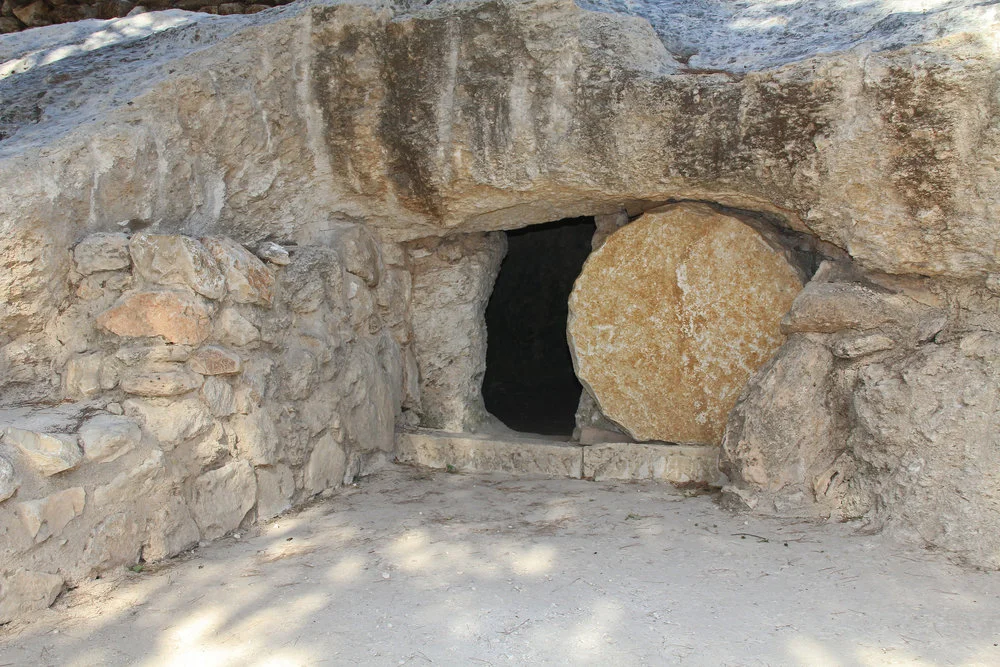What Is Second Burial?
Why were people when Jesus lived sometimes buried twice, and why is this imagery used in the NT?
What actually happened in second burial?
Think about what happened after Jesus died on the cross. His body was laid in Joseph of Arimathea’s tomb and wrapped in cloth. The women came back on Sunday to cover him with spices (which they would have done on Friday, but they ran out of time, because it was almost the Sabbath). This is first burial - a body is put in a tomb, wrapped in cloth, and covered in spices (to help with the smell, since the body is being buried above ground).
Second burial happens about a year later. After the body has had time to decompose, all that would remain would be the bones. The person’s bones would be collected and put in a box. Then, there would be the second (final) burial. (This is what would have happened to Jesus had he not been physically raised from the dead).
The imagery of second burial lies behind statements about dying and rising with Christ.
Christians talk about being renewed by dying and rising with Christ. What is obvious to everyone, however, is that Christians are not perfect. All of us still have room to grow - some more than others. So, why do NT authors like Paul talk about dying and rising with Christ in the past tense?
I think the answer lies in second burial. When a person becomes a Christian, he “dies” and “is raised” with Christ. This is like first burial. The process has begun, however, it is not complete. The completion occurs at second burial (the next life).
Part of the reason the past tense is used is because the beginning of the process is in the past. The other part is that we have a divine promise that the process will be completed when we move to the next life. Because the end is certain, NT authors like Paul speak of it in the past tense.
Renewal is a process and not a single, momentary act.
While we are living our earthly lives, we are living out that in-between period when the dying and rotting parts of us are falling off. We are meant to start putting off the things of this world and start putting on the things of the world above.
This explains why Christians can talk of having already died and been risen with Christ (because the end is certain) but still not look like they have been transformed. Renewal is a process and not a single, momentary act. The process starts in this life and is completed when the new life begins.


